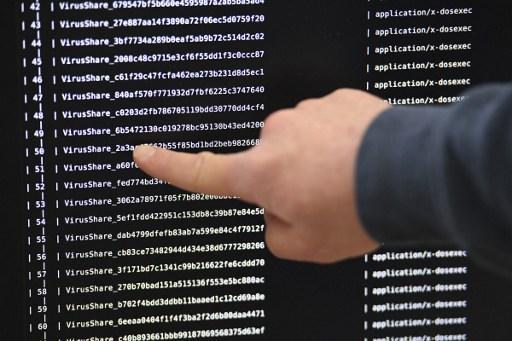Belgium has made significant strides in the fight against threats to cybersecurity, which affect citizens, businesses and administrations alike in the digital era.
“Within a year and a half, our country has gone from 11th to 5th place in the European rankings for countries that are safest in terms of cybersecurity,” the director of the Centre pour la Cybersécurité Belgique (CCB), Miguel De Bruycker, said at the Belgian Convention on Cybersecurity, held in Malines.
Since the start of October and the launch of a large-scale awareness-building campaign, about 5,000 suspicious emails have been reported daily to the national cybersecurity authority, leading to the closure of about 100 bogus websites per day, three times more than the 30-odd that used to be closed daily before the campaign.
“Over 500 partners – banks, transport companies and businesses of all types – have been urged to spread our message for this campaign, namely ‘report dubious emails to suspect@safeonweb.be as soon as you doubt their authenticity’,” De Bruycker explained. “The faster we can close fraudulent sites, the fewer people risk being had,” stressed the CCB director, the main speaker at the convention, attended by some 650 IT experts.
The most widespread cybercrime is phishing, but ransomware attacks as well as coordinated attacks targeting cameras or routers are becoming increasingly frequent, while phishing attacks by SMS, known as smishing, have just started.
“That’s why it’s important to continue informing and warning citizens so that they become aware of the dangers and are wary of any suspicious messages they receive,” said De Bruycker, calling for increased cooperation between European countries to make the Internet safer.
Double authentication, which requires not only user ID and password, but also a code sent to another device in order to sign in, is being used more and more. “In this way, you connect using something you know, your login and password, but also something you own, for example your smart phone,” he explained, stressing that this makes life quite difficult for online pirates.
The Brussels Times

